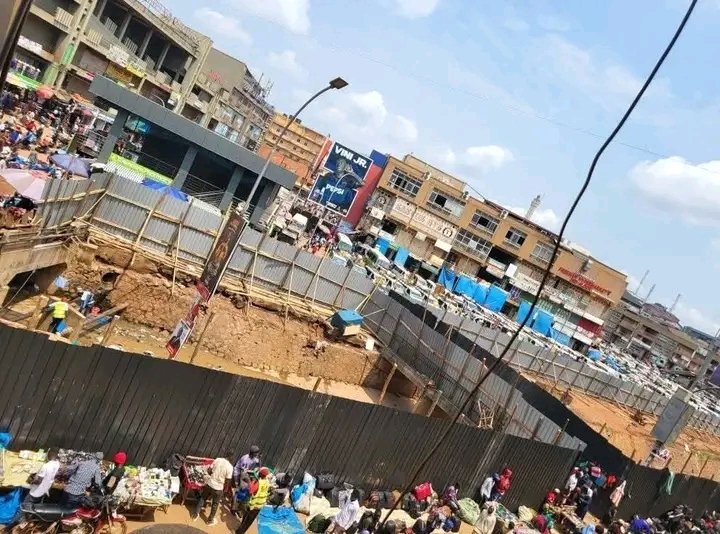Recent reports have highlighted growing concerns over the Nakivubo Drainage Channel, a vital piece of public infrastructure in Kampala, being allegedly appropriated by unscrupulous individuals for private gain. Ham Enterprises has been named in multiple accounts as the company allegedly involved in this controversial appropriation.

While some voices in the media and on social platforms have attempted to spin these activities as “development,” critics argue that this is a dangerous misrepresentation. What is happening, they say, is a direct exploitation of public resources for private profit, undermining trust, transparency, and the welfare of Ugandans.
Public Outcry and Misrepresentation
Social commentators have condemned the appropriation, pointing out that Nakivubo Drainage Channel serves thousands of residents, protecting them from flooding and ensuring proper waste management. When private actors encroach on such public infrastructure, it threatens the livelihoods of the communities that depend on it.

Some have criticized what they call “charlatans” who hype such private initiatives as development projects, misleading the public into thinking that privatization equals progress.
The Bigger Picture
Experts argue that this is not just a local issue, but part of a wider pattern in Uganda, where public resources are sometimes diverted for private enrichment. The debate raises questions about:
- Governance and Oversight: Are regulatory bodies effectively monitoring public projects?
- Accountability: Who ensures that companies operating on public property act in the public interest?
- Public Awareness: How can citizens distinguish between genuine development and exploitation of resources?
A Call for Vigilance
For many Ugandans, the Nakivubo Drainage Channel controversy is a reminder that development should prioritize public benefit over private profit. Civic leaders, government authorities, and communities must work together to ensure that public property remains public, and that genuine development efforts are transparent, accountable, and equitable.
As one commentator wrote: “Ooh Uganda, may God uphold thee…” — a plea for justice, governance, and the protection of public interest in the face of opportunism.









